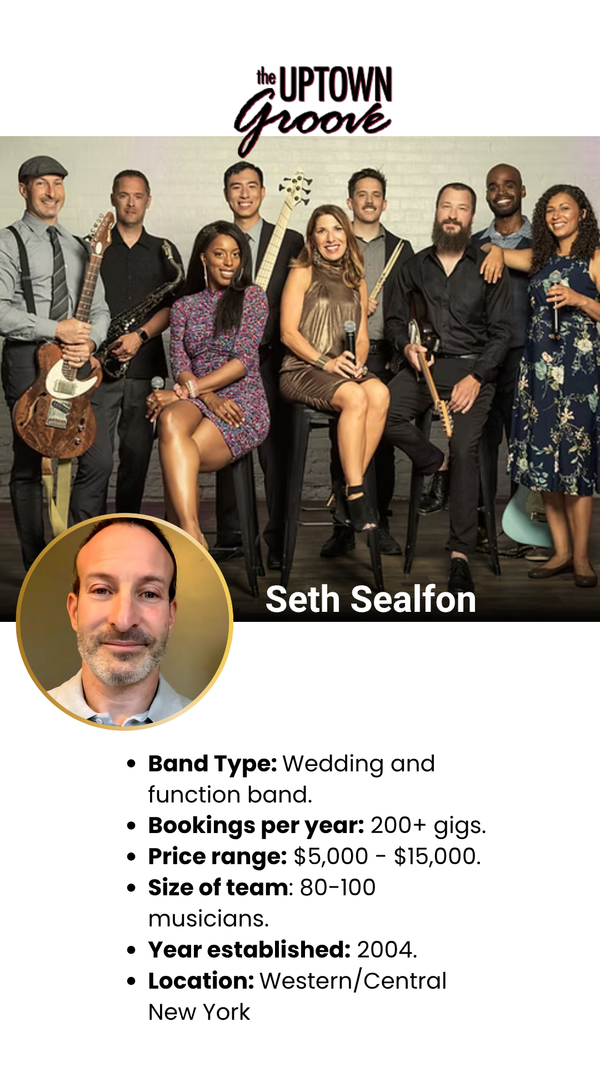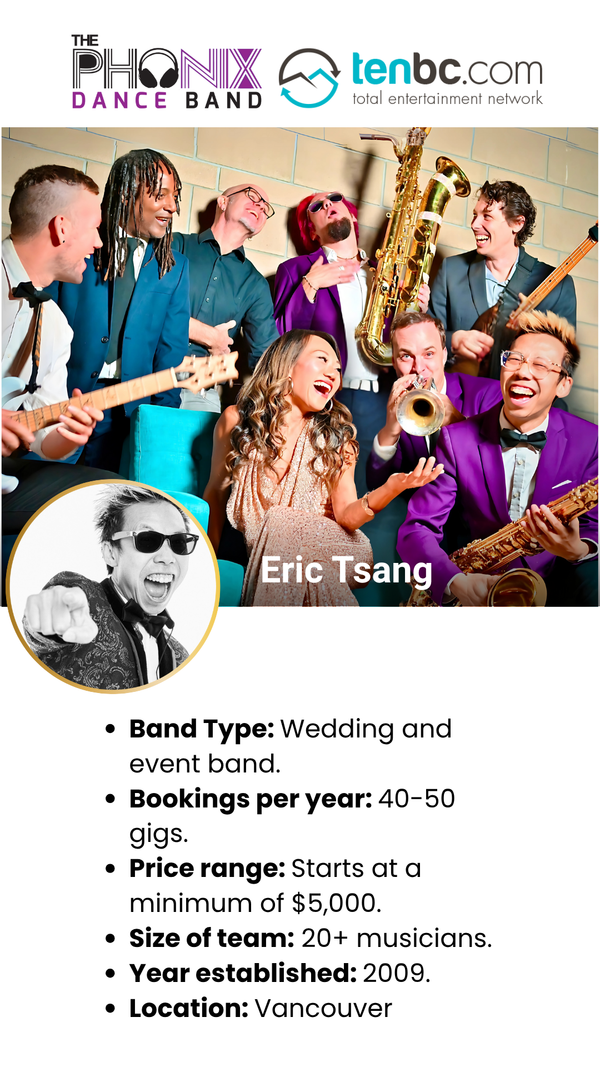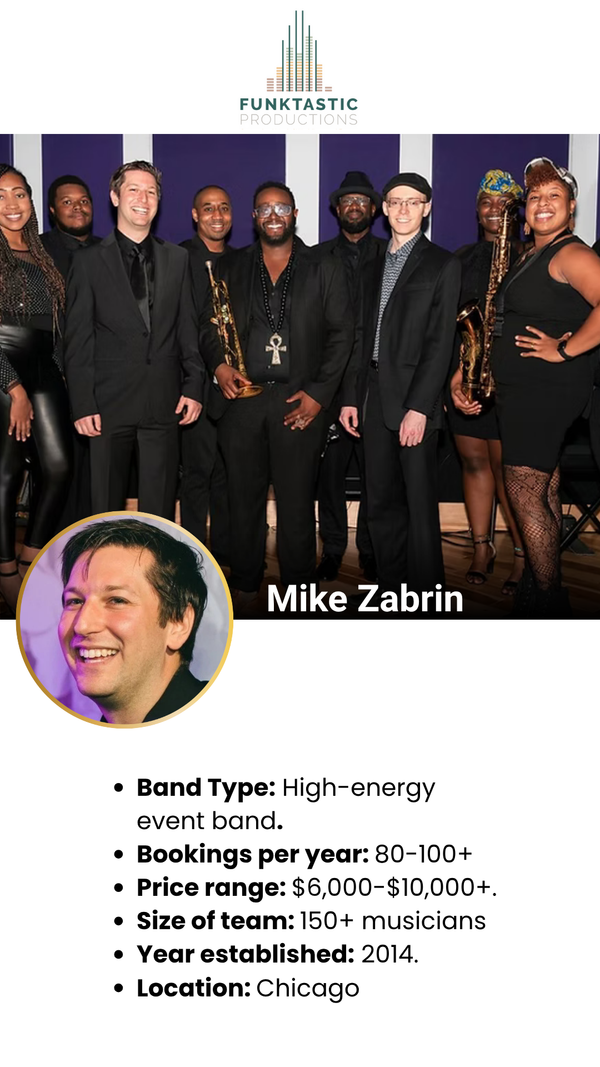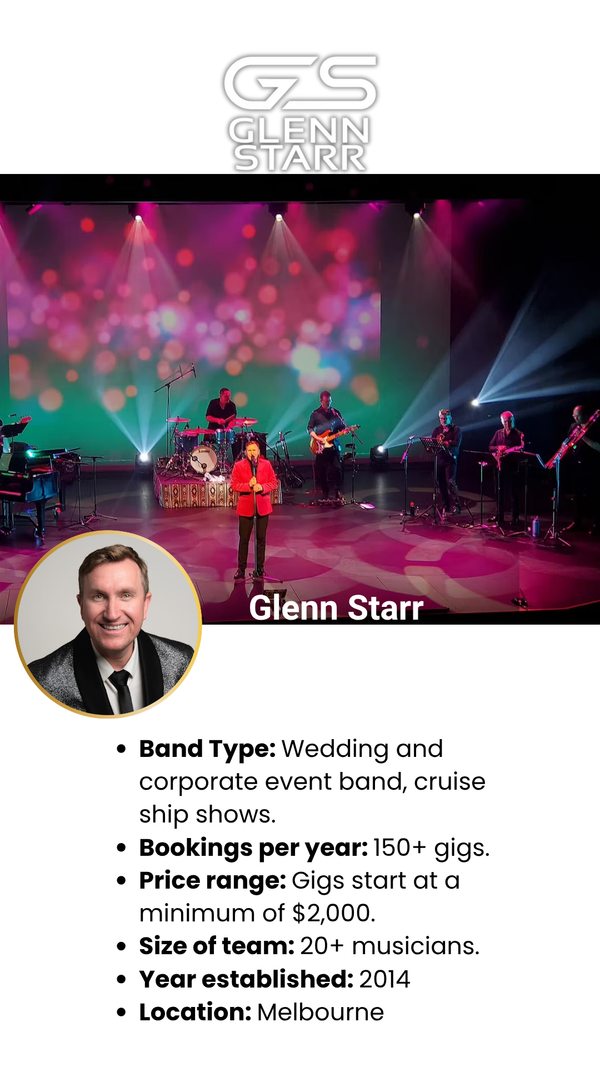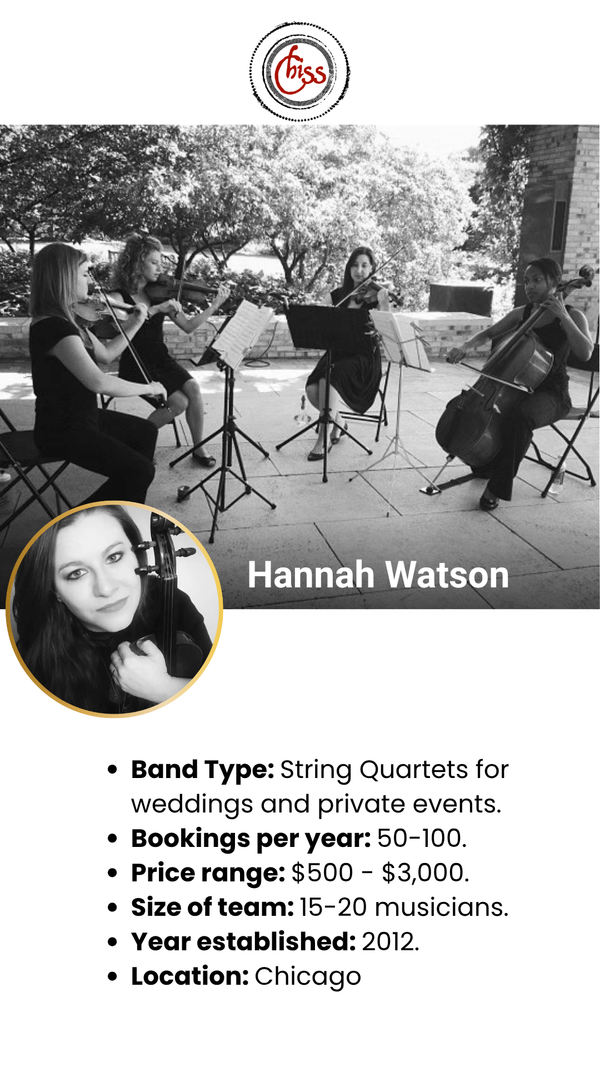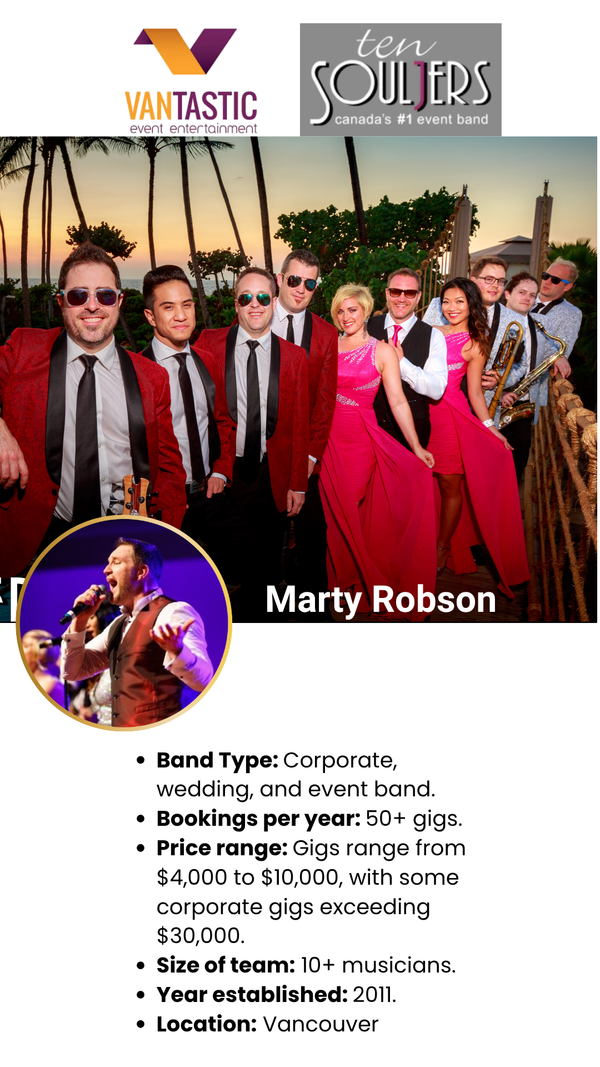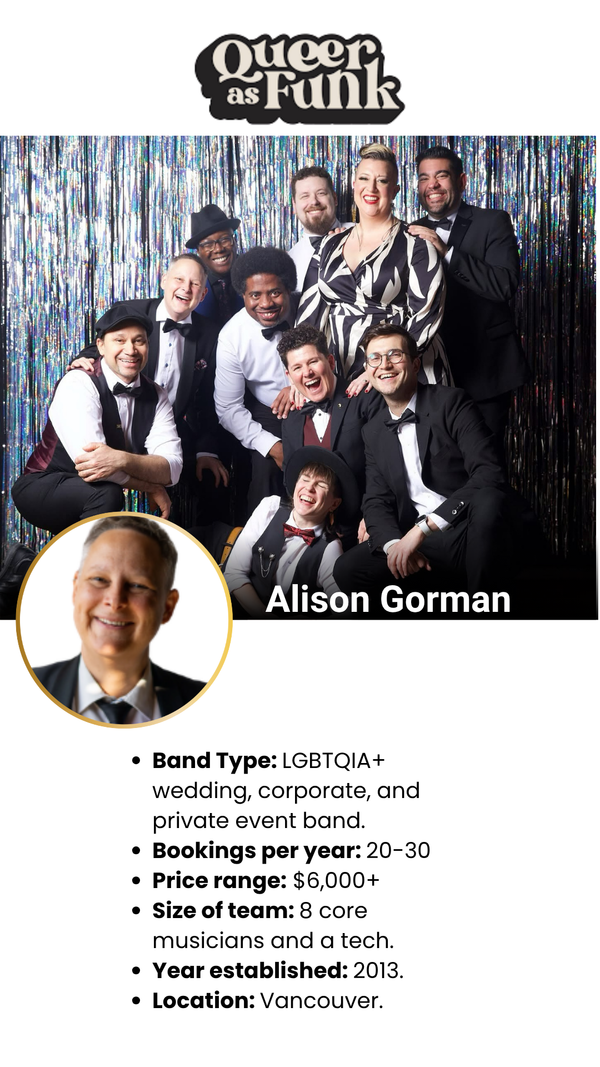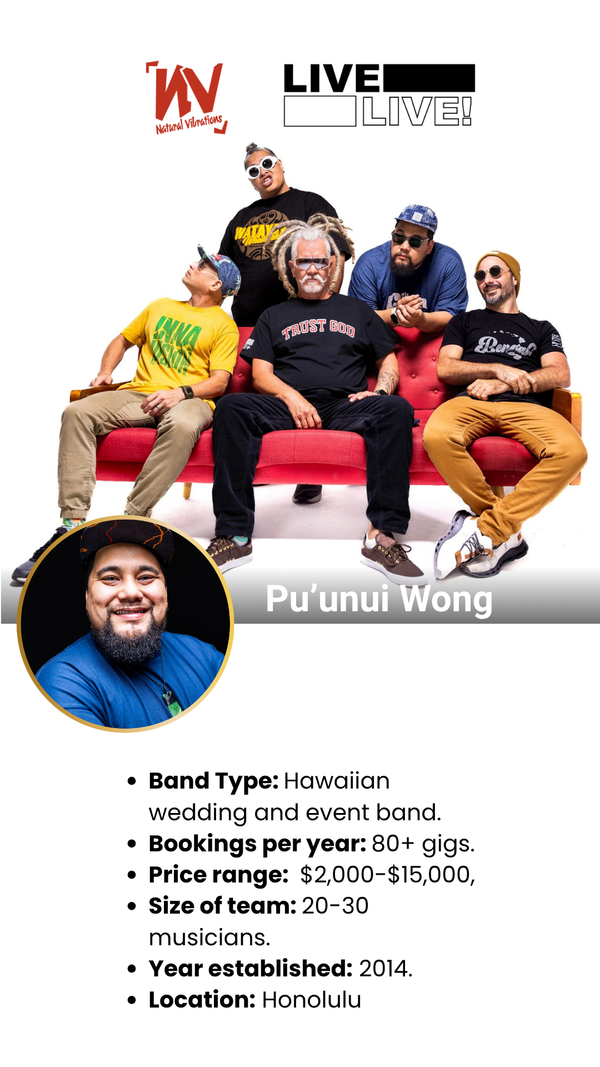The Road to Savings: Mileage Tracking Apps for Musicians
The life of a musician is much more than just belting out tunes and performing for an audience. As musicians, the journey to different venues, studios, and events is a significant part of their careers. This travel isn’t just a physical journey but a financial one too.

Mileage tracking for musicians has become an essential tool for their financial management. Every mile covered translates to money spent. Travel expense tracking can lead to substantial savings by managing expenses, understanding their spending patterns, and maximizing tax deductions.
However, manual tracking can be tedious, time-consuming, and prone to errors. Mileage tracking apps for musicians automate the tracking process. Travel expense tracking or tax deduction apps make it hassle-free and accurate, allowing musicians to focus on what they do best - creating and performing music.
Importance of Expense Tracking
For musicians, every penny counts. The costs associated with instrument maintenance, studio time, promotion, and travel can quickly add up.
There are five excellent reasons why all musicians need a reliable expense tracking system.
- It helps them understand their financial situation.
- They can make smarter decisions about their money.
- Musicians can keep a record of their spending and income, which is essential for budgeting and financial planning.
- Expense tracking identifies areas where they can cut costs or allocate funds more effectively, such as equipment purchases or marketing expenses.
- Musicians can better analyze the costs associated with producing a particular piece or project. Financial analysis helps them determine the profitability and feasibility of future endeavors.
Overall, expense tracking empowers musicians to manage their finances, secure funding, and make strategic financial decisions.
Tax Benefits and Deductions for Musicians
The less tax you pay, the more money in your pocket. Here are some tax benefits and deductions that musicians should always take advantage of:
- Instruments and Accessories: Expenses for purchasing or repairing instruments, cases, bows, and music stands can be tax-deductible.
- Music Streaming Services: The cost of subscribing to music streaming services can also be considered a tax write-off.
- Recording Expenses: You can deduct costs associated with audio editing software, recording equipment, and studio rental.
- Website and Hosting Fees: Expenses related to maintaining a professional website, including hosting fees and domain registration, can be tax-deductible.
- Education and Training: Fees for attending seminars, workshops, and music lessons can be considered tax deductions.
- Advertising and Promotion: Expenses for promoting music, such as advertising costs and hiring creative assistance, may be tax-deductible.
- Phone and Laptop Expenses: If you use your phone and laptop for work purposes, a portion of the expenses can be deductible.
- Car Expenses: Musicians who drive for work purposes can deduct car-related expenses, such as fuel, maintenance, and insurance.
- Travel Expenses: The IRS allows a deduction for travel expenses incurred for business purposes. These expenses can be substantial for touring musicians.
It’s important to keep accurate records. Always consult with a tax professional to maximize deductions and stay compliant with the latest tax regulations. A tracking app will save tax professionals time preparing your taxes and cost you less.
Sample Chart for Tax Deductions
By keeping track of their mileage, musicians can claim deductions for business-related travel expenses, significantly lowering their tax liability. It’s as simple as entering the mileage details on a notepad or laptop, like this sample:
|
Date |
Destination |
Purpose of Trip |
Mileage |
|
01/15/2022 |
Recording Studio |
Recording Session |
30 |
|
02/02/2022 |
Music Venue |
Gig Performance |
50 |
|
03/10/2022 |
Rehearsal Space |
Band Practice |
15 |
|
04/22/2022 |
Music Store |
Equipment Purchase |
10 |
|
05/05/2022 |
Songwriting Retreat |
Songwriting Workshop |
100 |
Musicians can add additional columns such as toll expenses, parking fees, or any other relevant costs to provide evidence of their business-related travel expenses. They need to keep all the receipts to back up the claims.
Using a chart to record tax deductions can significantly improve the process of tracking musician gig expenses. The downside is having to record everything manually. To be more organized and less forgetful, use a mileage tracking app.
How Mileage Tracking Apps Simplify The Process
They automate the process, eliminating the need for manual logging. This capability means musicians can focus more on their music and less on paperwork.
These apps use GPS technology to track every trip accurately. They automatically record the distance traveled, the date, and often the purpose of the trip. Most apps allow musicians to classify their trips as business or personal, which is mandatory for tax filing.
Moreover, mileage tracking apps generate comprehensive reports detailing every trip. Use these reports as proof of expenses during tax filing. This feature significantly simplifies the process of claiming tax deductions, ensuring musicians don’t miss out on any potential savings.
Review and Features of Recommended Mileage Tracking Apps
Let’s take a closer look at the features of these recommended mileage tracking apps for musicians.
1. MileIQ is a basic mileage tracking app. It automatically tracks and classifies every trip as business or personal. The app also provides detailed reports, which musicians can export for tax filing. You can customize MileIQ by adding location names to the integrated GPS maps and adding multiple vehicles.
2. Everlance stands out for its simple, intuitive interface. The app automatically tracks mileage and lets musicians classify their trips. It also tracks expenditures when synced with a credit card. Everlance can scan transactions to review and classify potential tax deductions and provides detailed reports in various formats.
3. TripLog offers comprehensive mileage tracking, logging every trip with precision. The app has a TripLog ACH feature, allowing direct deposit payments to drivers from within the TripLog dashboard. TripLog also offers additional features such as expense and fuel consumption tracking and route planning. It offers 6 ways to link to vehicles and mobile devices depending on the driver.
4. Hurdlr automatically tracks mileage and expenses. It links to your accounts to capture receipts and provide real-time tax estimates. Hurdlr provides detailed reports to use for tax filing, helping musicians stay on top of their taxes.
5. Stride is a free mileage tracker, perfect for musicians on a tight budget. You can log income and expenses automatically, and it will categorize each one with just a few taps. It will generate expense reports for tax time. It’s not as robust as the paid apps because you must remember to start tracking when you start driving. Otherwise, you can enter miles manually.
An automated mileage and expense tracker makes it easy to keep musician gig expenses organized.
Tips for Effectively Using Mileage Tracking Apps
While mileage tracking apps are beneficial, here are a few tips to help you make the most of these apps:
- Consistency is vital - Follow directions to keep the app on and ready to track your mileage for every trip.
- Categorize your trips - Most apps offer the option to categorize trips. Utilize this feature to separate business and personal travel easily.
- Record all expenses - Don’t just limit your use of the app to mileage tracking. Record all your expenses to have a comprehensive record for financial planning and tax preparation.
- Review your records - Regularly review your records to recognize your spending patterns and find areas where you can cut costs.
Does your app allow for manual entries? Does it start and stop automatically? Check the features to get the most out of your app.
User Experiences With Travel Expense Tracking
Musicians who have adopted mileage tracking apps find them to be game-changers in managing their finances. Many musicians have shared how these apps have helped them save money, manage their expenses better, and reduce their tax liability.
A TripLog user says, “For those who only use their car for business, it also permits automatic start and stop tracking sensing movement of your car. Finally, it has excellent reporting capabilities for use in preparing income tax returns. Very pleased with this product!”
A Hurdlr user shares, “Hurdlr completely automates my business finances and organizes each expense into an identifiable category, so I am always in the loop with my finances.”
Here is one for MileIQ. “MileIQ runs in the background, automatically tracking my miles. After a drive, I get a notification to classify it as either a personal or business expense. When it comes time to prepare my mileage report, printing is easy, and the reports are clear. I even get a notification on my Apple watch and can classify it there.”
And for Everlast, this person remarked, “I find I keep track of more work trips with this. I used to have a pen and paper in the glove box of each vehicle for years. I finally switched over to a digital one and have found I keep track of more of my business trips. I use the free version, so it doesn’t auto-detect, but I manually have to start the trip. I won’t be going back to paper logs.”
These testimonials underscore the fact that mileage tracking apps for musicians can significantly simplify expense management and maximize tax deductions.
The Road to Savings with Mileage Tracking Apps
With the help of mileage tracking apps, musicians can keep a detailed record of their travel, manage their expenses better, plan their finances, and reduce their tax liability. These apps take the hassle out of expense tracking, enabling musicians to focus on their passion for creating music.
Don’t miss out on the financial advantages that mileage tracking apps can offer. The road to savings starts with effective mileage tracking, organizing your business expenses, and reducing your taxes. When it comes to managing the rest of your music business, visit Back On Stage to find the best music business management app.










